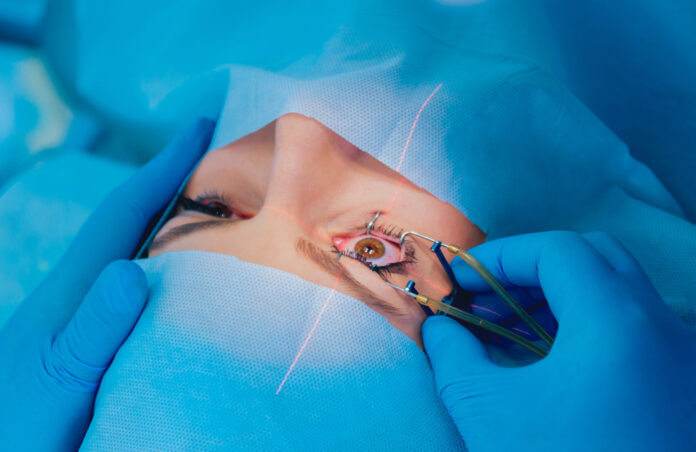
For many people, getting LASIK eye surgery is a fantastic alternative to glasses or contacts. However, for other people, this may not be the ideal time, or they might never be the best candidate. Continue reading to find out why LASIK surgery might not be best for you.
Age Restrictions
For those under the age of 18, LASIK may not be the optimal procedure. The effects of LASIK are permanent. However, an individual’s eye might change throughout time. As a result, LASIK is not recommended for anyone under the age of 18, as adolescence can induce major changes in vision.
Interestingly, there is no upper age limit for LASIK, but if you’re older, your eye doctor can give you more details regarding your eligibility. In essence, you will be all right as long as your vision is stable and your eyes are healthy.
Women Who Are Expecting Should Delay LASIK
Because of hormonal changes that occur during pregnancy and lactation, women’s vision and corrective prescriptions may differ. In order for prescriptions to settle, mothers who are considering LASIK should hold off until at least three to six months after weaning.
You May Have an Interaction Depending on Your Medications
Prescription drugs sometimes have an impact on LASIK results. For example, some steroids may impair healing and lessen desired results. Acne treatments have a considerable tendency to dry out the eyes, which makes the possibility of cornea scarring after LASIK higher.
You Need a History of Stable Vision
You won’t be a good candidate for LASIK if your prescription changes regularly, as was already indicated. Most doctors prefer that your prescription stay the same for one to two years. Prescriptions may alter due to several causes. Due to the use of contact lenses, blood sugar variations associated with diabetes, and normal aging changes, your prescription may fluctuate over time.
You Need to be in Good Health
Some medical conditions can affect your body’s capacity to heal following surgery. Patients with autoimmune diseases make poor candidates for LASIK. Numerous autoimmune illnesses can cause dry eye syndrome. After LASIK, a dry eye may not recover properly and is more prone to contracting an infection. Other diseases like diabetes, rheumatoid arthritis, lupus, glaucoma, or cataracts frequently affect the outcomes of LASIK.
An individual with dry eyes is more prone to suffer from acute post-LASIK discomfort and, in some cases, worsening dry eye symptoms. The body’s ability to heal itself may be hampered by dry eyes. Some people who experience dry eye problems may find relief from various therapies. Patients occasionally begin using specific dry eye medications prior to LASIK eye surgery. To cure dry eye and minimize its uncomfortable symptoms, certain surgeries like punctal occlusion may be performed.
LASIK Doesn’t Mean You’ll Have 20/20 Vision
If you expect perfection, LASIK might not be the procedure for you. Each patient recovers from surgery in a different way. There is always a possibility that you will require reading glasses or corrective lenses for at least certain activities after LASIK. Although LASIK is a great way to repair vision for many people, it is not suitable for everyone.
https://www.reviewofophthalmology.com/article/getting-to-the-root-of-postlasik-pain
https://www.hodgeseyecare.com/what-is-the-best-age-to-get-lasik/blog#:~:text=The%20FDA%20has%20approved%20LASIK,after%20their%20prescription%20has%20stabilized.
https://www.webmd.com/connect-to-care/lasik/what-you-need-to-know-about-lasik-and-pregnancy#:~:text=Getting%20LASIK%20surgery%20while%20pregnant,vision%20correction%20could%20be%20inaccurate.


















